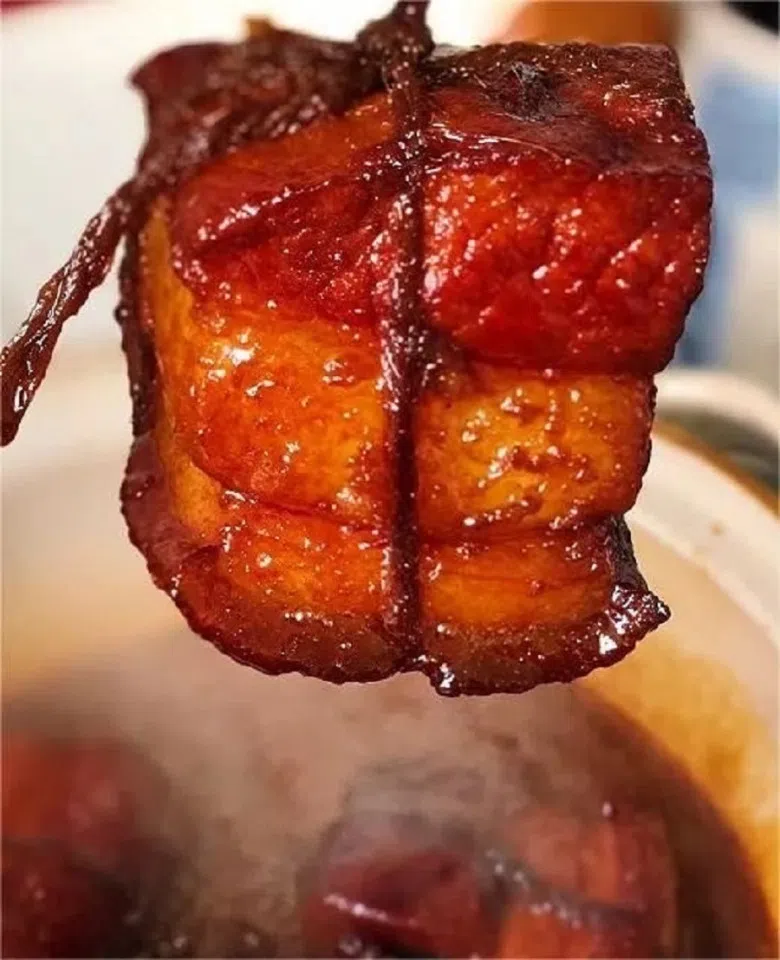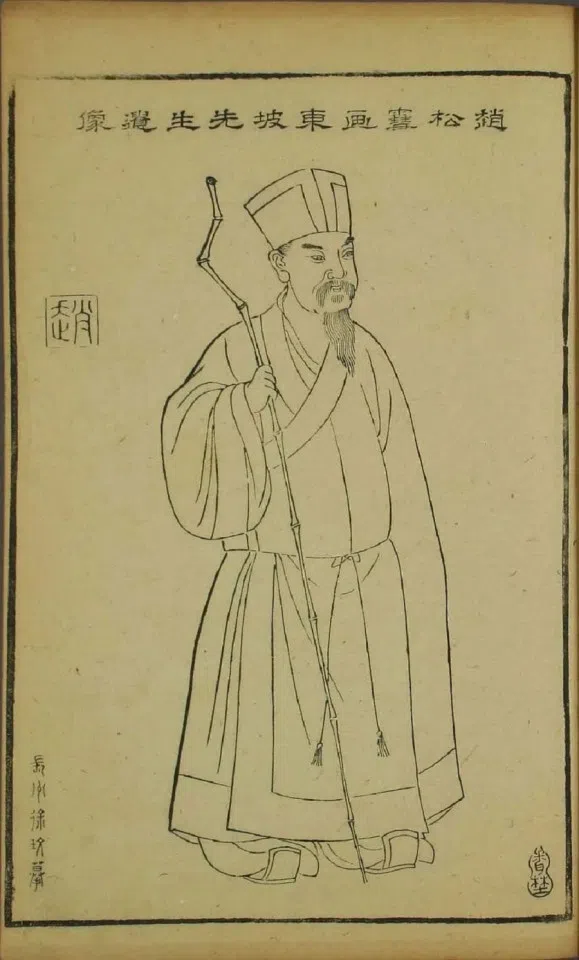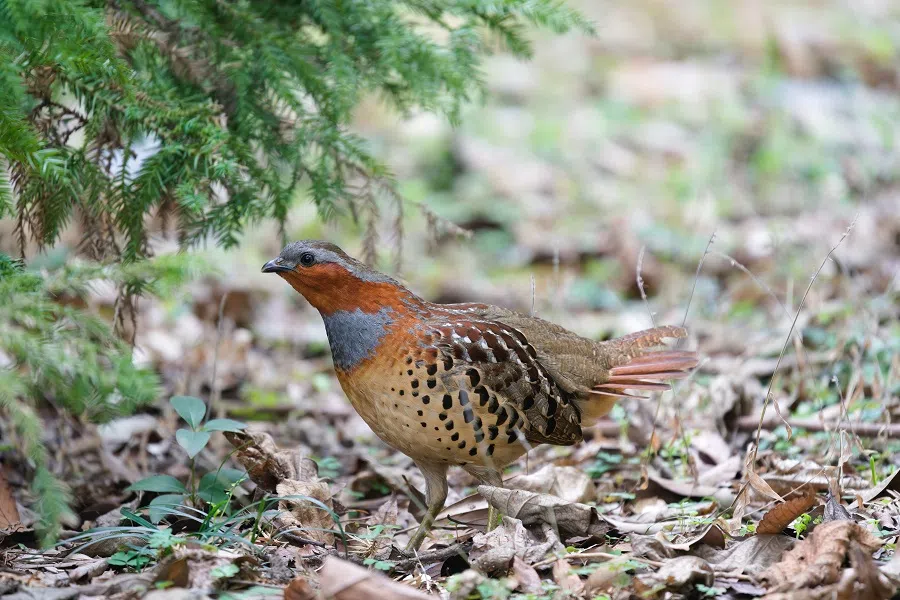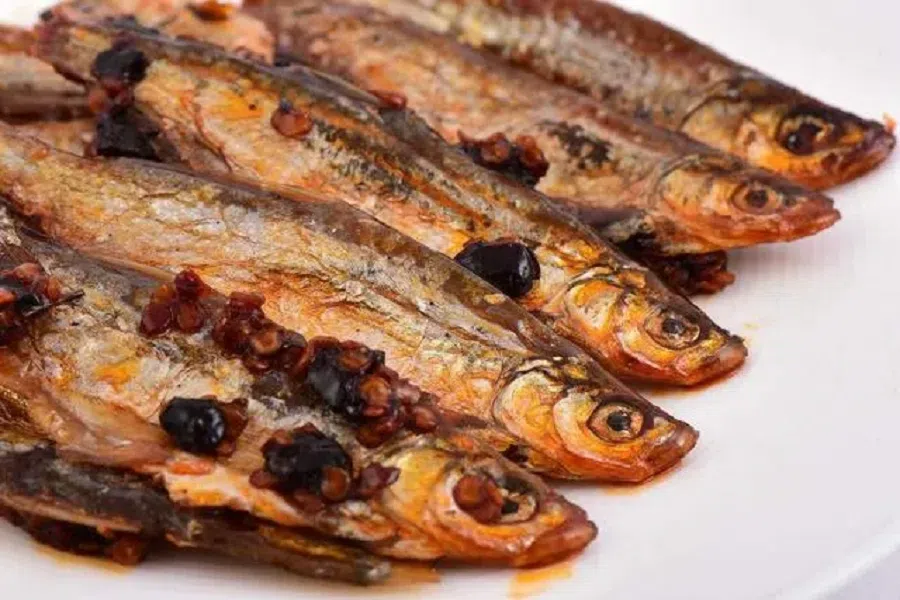Song dynasty poet Su Shi's appetite for exotic foods
While he is credited for creating the famed Dongpo pork dish, Song dynasty poet Su Shi actually savoured several exotic feasts while he was exiled in Huangzhou, Hubei. Chinese bamboo partridge, masked palm civet - you name it, he's tried it.

Those who've read Song dynasty poet Su Shi (art name Dongpo) understand him as the greatest gastronome ever known among ancient Chinese literati. Indeed, there is no meat lover in the world who has never heard of Dongpo pork (东坡肉). Not only that, people from different regions around China have fought tooth and nail to claim the dish as their local intangible cultural heritage.
Hangzhou folk claim Dongpo pork as their own. After all, it was a dish loved by Su Dongpo when he was an official in Hangzhou. This story is not only retold among generations of Hangzhou people, but the Su Causeway (苏堤) on West Lake attests to it as well.
The Sichuanese, however, claim that Dongpo pork belongs to Sichuan, because Su Shi hailed from Sichuan's Meishan, and the way the pork is cooked follows the culinary practices of their ancestors as well. In their view, the dish should be called Sichuan Dongpo pork.

People from Hubei's Huangzhou district are angered by this, claiming that Su Shi only changed his name to Dongpo Jushi (东坡居士) after building a farm in the foothills of what became known as the Eastern Slope (dongpo 东坡) in Huangzhou, and it was then that he invented the slow-cooking method of preparing the dish. They draw evidence from Su's poem Ode to Pork (《猪肉颂》), which mentions pork from Huangzhou. Thus, they conclude, Dongpo pork naturally originates from Huangzhou.
Su was indeed exiled in Huangzhou when he created the slow-cooked Dongpo pork, but it is also true that the dish was made popular in Hangzhou. As Dongpo pork has over 1000 years of history and is an unmissable dish in Chinese cuisine, it is no wonder that various Chinese regions are fighting to claim the dish. But actually, Su had sampled other even more delectable and exotic dishes in Huangzhou; it's just that people are unaware of them. All the dishes are worthy of discussion.
Not just Dongpo pork
When Su was in Huangzhou, he got to know local magistrate Xu Dashou (徐大受, courtesy name Junyou 君猷) and immediately bonded with him over poetry. Xu often provided Su with daily necessities, and got the prefecture's chief chef to prepare lavish feasts for him.
One winter, Su wrote Xu a poem (《送牛尾狸与徐使君(时大雪中)》), asking Xu's chef to cook him four delicacies. He started by briefly mentioning Huangzhou's heavy snowfall which covered the ground with partially melted snow. Then he dived right into the main topic, listing the four exotic delicacies that he would like to try: Chinese bamboo partridge (jitou gu 鸡头鹘); masked palm civet (niuwei li 牛尾貍); flathead grey mullet (tongyin ziyu 通印子鱼); and yellow-breasted bunting (pimian huangque 披绵黄雀). Because Su could not stomach killing living beings himself, he sent the animals to Xu and asked that his chef prepare the dishes for him. These four exotic delicacies are rather interesting.

First, Chinese bamboo partridge. As the ground became muddy and slippery from the heavy snowfall, Su was reminded of an exotic bird from his hometown, known locally as ni huahua (泥滑滑, lit, "mud slippery"), and he got a craving for the dish. Chapter 49 of Ming dynasty Chinese physician Li Shizhen's Compendium of Materia Medica (《本草纲目》) describes the "Chinese bamboo partridge" as follows: "The Shu (蜀) people call it the jitou gu, and the southern people call it the ni huahua, both because of the sounds it makes."

Second, the masked palm civet, also known as the gem-faced civet (yumian li 玉面貍) in the Lingnan region. Apparently, during winter, the meat of the masked palm civet is especially juicy and delicious. The Miscellaneous Morsels from Youyang (《酉阳杂俎》) says: "Masked palm civets are found in Hongzhou; their meat is absolutely delicious." The second chapter recording animals in Compendium of Materia Medica clearly explains: "In the south, there is an animal with a white face and a cow-like tail. It is called the niuwei li or yumian li. It climbs trees and eats berries. It turns plump in the winter and is often seen as an exotic delicacy or a meat that helps people sober up."

Exotic beasts for exotic feasts
Third, the flathead grey mullet, a famous seafood during the Song dynasty. A line in a Wang Anshi poem (《送张兵部知福州》) reads: "The long fish on the chopping board is long enough to accommodate three seals (印 yin)."
In the eighth chapter on flathead grey mullet in Rongzhai Sibi (《容斋四笔》), a collection of historical notes, the author Hong Mai quoted Wang's poem as the basis of Su's poem, explaining that the term ziyu (子鱼) only came about because Su Shi was trying to contrast fish and bird, that is, tongyin ziyu (通印子鱼) and pimian huangque (披绵黄雀), using the antithesis literary device. Hence, Hong believes ziyu (子鱼) does not refer to the actual ziyu, but to a type of long fish commonly found in Putian (莆田).
The "Proof of Error" (证误) chapter in Chen Zhengmin's Dunzhai Xianlan (《遯斋闲览》) pointed out that the origin of tongyin ziyu (通印子鱼) was fish found in the port in front of the Tong Ying (通应) Temple in Putian. But because the people found that the fish was long enough to accommodate seals (印 yin), they called it the tongyin ziyu, adding that it was a popular and delectable delicacy.

Four, the yellow-breasted bunting. According to Shi Zhu (《施注》), a commentary on Su Shi's poems, the locals call the bird pimian huangque (披绵黄雀) because the bird's thick layer of fat made it look like it was covered by a cotton blanket (pimian 披绵). In fact, the southern people refer to the yellow-breasted bunting as hehua que (禾花雀), a bird that is especially plump in the winter and a delicacy of the Lingnan people.

Although Su was exiled to Huangzhou and held a nominal title there, it seemed that he still tried to find ways to enjoy the best delicacies the land and sea had to offer. But because he could not bring himself to kill the living creatures, he requested the help of the chef to prepare the dishes for him. In any case, even though Su was banished to the rural areas of Huangzhou, he indeed ate well.



![[Big read] China’s 10 trillion RMB debt clean-up falls short](https://cassette.sphdigital.com.sg/image/thinkchina/d08cfc72b13782693c25f2fcbf886fa7673723efca260881e7086211b082e66c)

